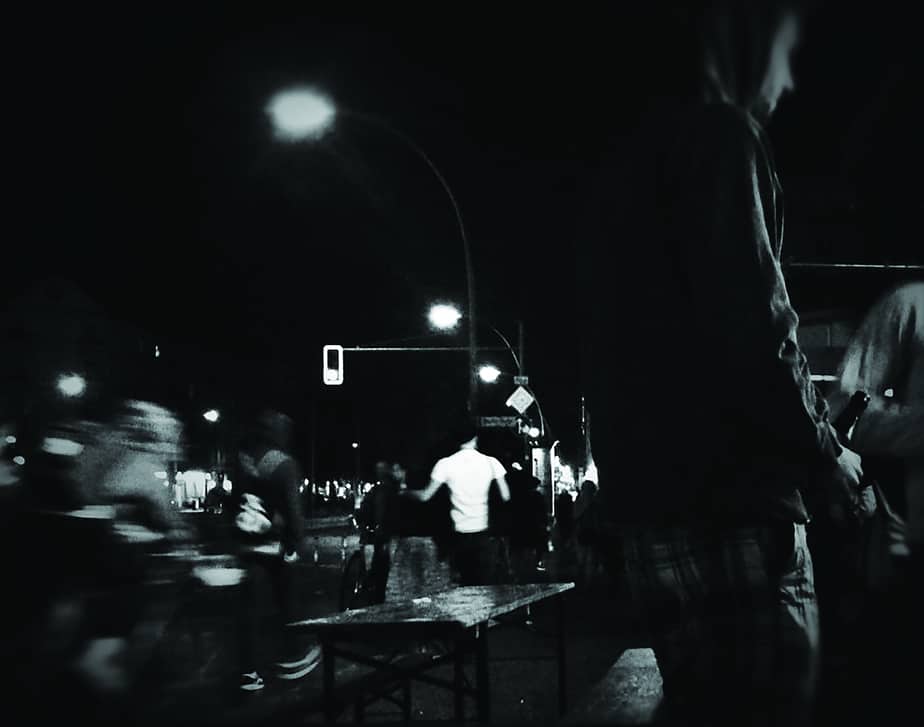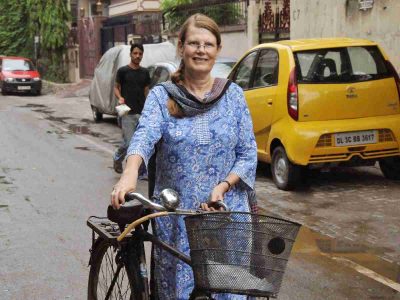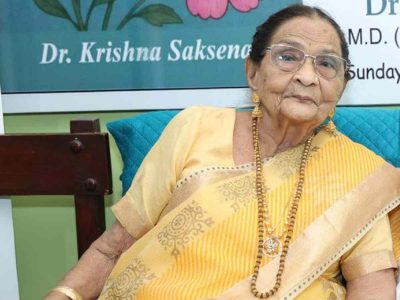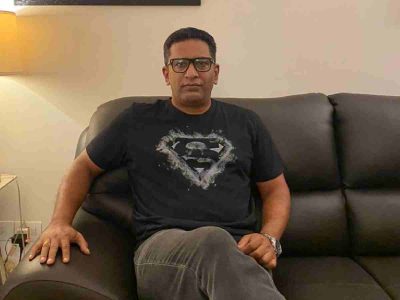A young European man residing in Delhi expects us to be non-judgemental about the choices he makes. His quest unto self involves making others happy
He best one-word description for John (name changed on request) is drifter. An English-speaking European in his late twenties, John works for a private organisation, and has been living in Delhi, off and on, for about three years. To be more precise, in the last three years he’s spent half of his time in Delhi.
Tall, lanky, yet muscular, John, is fairly shy in a large group of people, and is hardly seen in expat parties. He’s a doer who hardly ever says no to offers that might seem ridiculous by the high standards of Victorian morality, as long as those offers make sense to him, or there’s some pecuniary benefits attached to it, or it prepares him for something that will reap benefits in near future. The other remarkable thing about him, quite an antithesis of being a European, is that there’s no work-leisure divide: Work can be a leisure activity if one enjoys it.
John likes doing things that he’s paid for, at least makes an honest attempt. He knows anticipation of an experience is different from living it. And, happiness, contentment and joy for that matter doesn’t follow a puritan route. He calls morality a manifestation of some sort of denial and believes that happiness and contentment come from the most unexpected quarters.
I first met him in Berlin, in a bar, two years ago. He was wearing a similar shirt as I was. I picked that shirt from a pedestrian vendor in Lajpat Nagar market. My suspicion was correct, he confirmed he lives in Delhi. So, we were instant friends. He was paying special attention to the people who were sitting alone, quietly sipping beer, while staring at the dark ceiling. Mostly these solitary people were those who were well past their prime. This was a nice gesture, I thought. I was impressed. We exchanged our contact details and made it a point to meet in Delhi.
Back in Delhi, I asked him to pose for a portrait. He asked me how much I would pay for it. I said, “Not a penny.” “Then why would I pose?” he countered. “For experience sake, perhaps. All my subjects have had different reasons to pose, pecuniary is not one of them. I just make the offer.” He agreed. And during the session that I call ‘conversation in the nude’, which happened on a Saturday evening, he bared his life to me, including what Delhi means to him — a sort of retreat where the cacophony distracts travellers from their essential self.
John has no qualms talking about his wild expeditions in the capital, but I never felt he was boasting. He feels that the passion exists inside, and environmental factors have little to do with it. So, for instance, he can make love to an older woman without any guilt or repentance. He never has to deal with a question like, “What am I doing, she looks like the younger sister of my grandmother.”
To the contrary, he feels, that when you make out with a much older woman, it’s very satisfying to make them feel special, and what exchanges hands dissolves boundaries. “Their passion is this overflowing gratitude. It’s a life-enhancing experience for them. An experience that affirms to their ebbing life force, to their own latent desires, and makes them feel they are still desirable.”
It’ not just that John’s benevolence is laced with monetary benefits that make him rather indiscriminate in sleeping with people of all age groups (but for minors) of either gender; he is actually very curious. He wants, not just to know, but to experience. Perhaps, that’s why he poses for me. John has this firm belief that happiness comes from most unexpected quarters. It gives him spiritual solace to make the unhappy happy.
John narrates a story about a retired army officer, now a business leader in his late fifties, with a beautiful wife and two admirable children. He often accompanies him on his Jaipur trips in his car. He sleeps with him naked in a hotel room but they don’t indulge in any activity that’s proscribed in Article 377 as ‘against the order of nature’. They just feel and passionately kiss each other. He gets handsomely paid for it.
And sometimes, if the older gentleman goes overboard in shelling out money, the latter tries to stop him, “Enough,” he says and asserts, “You don’t need to.” The client responds, “You’re the brother I never had.” There’s a kind of bromance going on between the two separated by 30 years in age.
John has a full-time job, five days a week. He’s fast and does his work better than most of his colleagues with better ‘job ethics’. He’s always on the lookout for making money — it’s kind of a pastime to keep himself busy. It fascinates him to no end that money can be made in such varied ways. There’s money to be made everywhere, one just needs to plug the gap between the notional need and supply. Mostly the needs are not real, but people are made to believe that they have a need — that’s what advertising is all about.

John has innovative ways of making quick money, though it has to be said that he’s not the first person to do it. For instance, he buys hundreds of wedding cards on colourful paper with Ganesha printed in gold. He also buys anklets, wrist bands, and other such trinkets to carry in his baggage when he’s visiting Europe for a long period, twice a year. He then sells them at huge premium in euros to make enough money to fund his trip and stay. He even manages to save some to reinvest in his personal enterprise of wedding cards and trinkets. He also takes advance orders. His charming disposition makes it very difficult for people to say no to him, like he hardly ever says ‘no’ to an offer.
John’s parents died in a car crash when he was in his early teens. He grew up with his maternal grandfather on a farm. His formative years were marked by benign neglect and all through his childhood he had to invent ways to entertain himself, to be happy. That’s probably why he puts so much of a premium on making people happy.
Strangely, nice guy that he is, he has never been in a long-term relationship. The longest stint with a girl was when he was in college, for a year. “The reason why this relationship lasted that long, if it was a relationship, was because we both were cheating, and we knew about it, but never discussed it,” he laughs loudly. I thought it’s not funny, but ironical.
So I ask him, “Are you happy with the way you’re leading your life?” He castigates me for being a journalist and asking too many questions, but keeps toying with the question. Finally, he murmurs a few words, “It’s a difficult question. I don’t know.” “What comes to your mind?” I probe. “Nothing. Blank,” he says.
We have a few beers after the ‘conversation in the nude’ and he revisits the question about happiness in his state of happy inebriation. “I’m kind of an inert guy. Like a sponge. I soak in experiences. And if one was to squeeze me dry, I will emit what I have received. I make people happy to be happy.”
(Care has been taken to hide the identity of this person)





